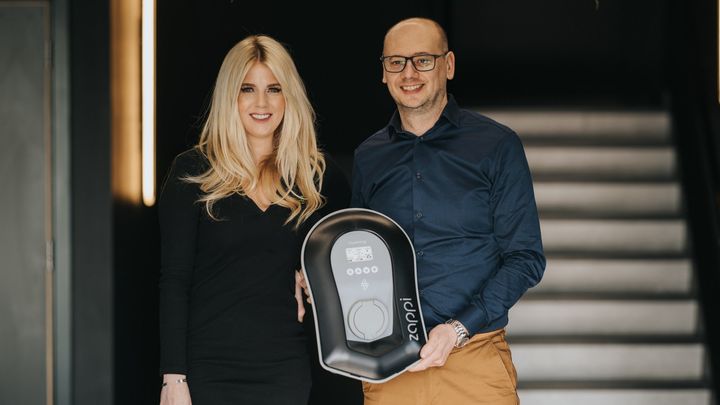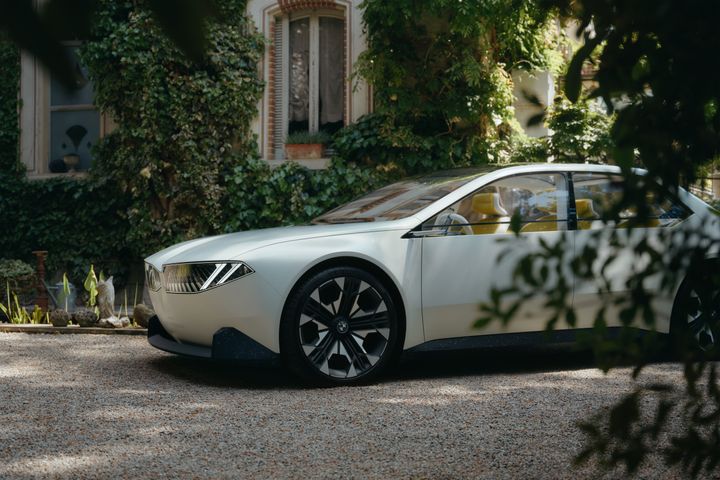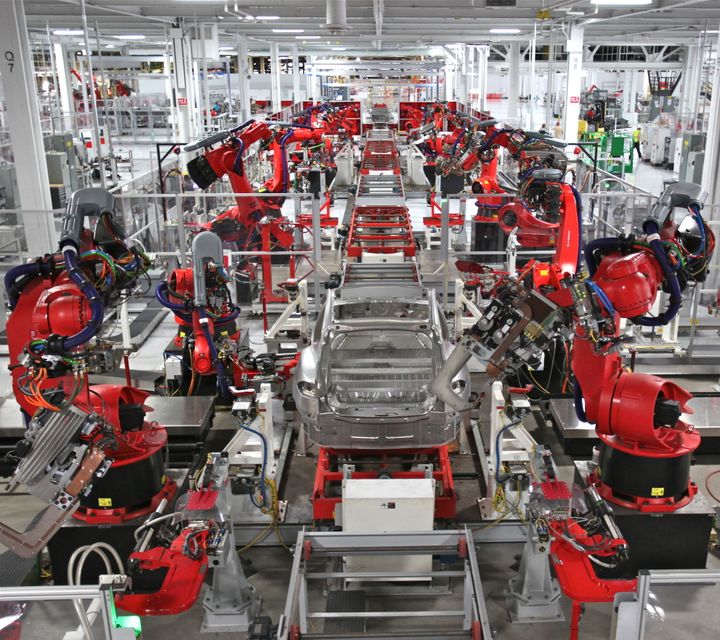Electric Vehicle Batteries To Charge Faster and Go Farther With New Silicon Anodes
04 April, 2023: Two US based battery technology startups, Group14 Technologies and Sila Nanotechnologies are working on exploring new possibilities for using silicon, which is a widely available element being researched as a potential substitute or addition to graphite in battery anodes. Group14 Technologies, which has been in operation for seven years, recently announced that it has commenced the construction of a commercial-grade facility in Moses Lake for manufacturing its SCC55 silicon-carbon powder.
By the middle of this decade, customers can expect new kind of EV batteries that have higher energy capacity, longer driving range, and faster charging capability. These batteries will be powered by newly developed silicon-based electrodes, which are scheduled to be produced in central Washington state starting next year.
According to CEO and Co-founder, Rick Luebbe, Group14's collaborative manufacturing facility with battery maker SK in Korea is slated to commence operations this year.
The CEO and co-founder of Sila Nano, Gene Berdichevsky, has announced that the company plans to initiate production of its Titan Silicon nano-composite anode material at a Moses Lake plant starting next year. However, "it'll take more than 10 years" for silicon to replace graphite as the main ingredient in anodes, Berdichevsky said.
By 2024, the plant will commence operations and will have the capability to produce sufficient anode material for approximately 200,000 EV batteries initially. Additionally, there are plans to expand its capacity threefold to fulfil the continually increasing demand.
Group14 has secured Porsche as its first automotive customer, alongside corporate investors including TDK's Amperex Technology Limited (ATL), BASF, and SK Inc. The company has already raised $650 million.
The EQG electric SUV will mark the beginning of Sila's automotive customer base in 2025, with Mercedes-Benz being the first to adopt it. Corporate investors such as ATL, Siemens, and Mercedes have collectively raised more than $900 million for Sila.
The future of electric vehicles looks promising with the development of these silicon-based anodes. Furthermore, the involvement of major car manufacturers such as Porsche and Mercedes-Benz, alongside significant corporate investments, demonstrates the potential impact this new technology could have on the industry. It will be interesting to see how these startups continue to evolve and revolutionise the world of electric vehicles in the coming years.




 Industry Inscript is a subsidiary of Valiant and Company Ltd.
Industry Inscript is a subsidiary of Valiant and Company Ltd.
Comments ()